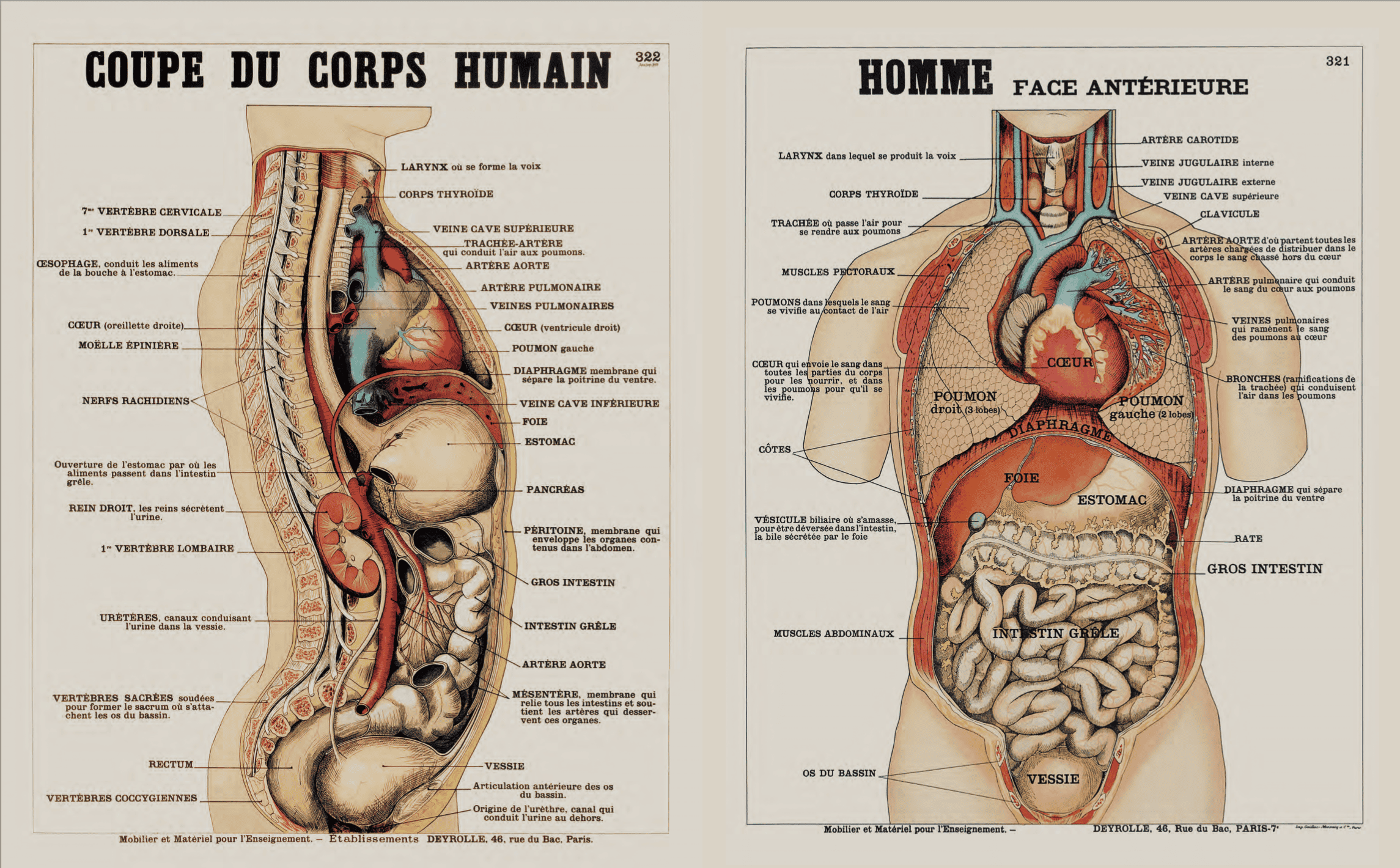Will artificial intelligence (AI) ever surpass its “master”? This scenario, which feeds many science fiction films, is causing more and more researchers to ponder, who are observing the meteoric advances of AI in the field. The latest achievement comes from software developed by researchers from Oxford University (Great Britain) in collaboration with Deep mind, the Google subsidiary specializing in artificial intelligence.
Lipnet is the small name given to this “decryption” system, has benefited from a progressive training worthy of a high level athlete to succeed in lip reading of BBC presenters. He first practiced 118,000 sentences spoken during programs broadcast between January 2010 and December 2015. This “warm-up” was followed by a “live” test when Lipnet had to decipher the words spoken during of BBC programs broadcast live between March and September 2016.
In the end, the computer program correctly transcribed 46.8% of the words, beating the pawn of a real professional in the flesh who obtained only 12.4% success in transcribing the words, points out the site. Business insider.
Apps for the hearing impaired
Beyond the questions that this technological performance raises, this tool suggests useful applications for the population. hard of hearing, estimated at 5 million people in France. Lipnet could, for example, be used for subtitling films, but also to assist people with hearing impairmentsby responding to recognition or voice command systems for them.
Read also: Google attacks British health data
Scientists try to unravel the mystery of the imagination
A robot manages to diagnose leukemia
















